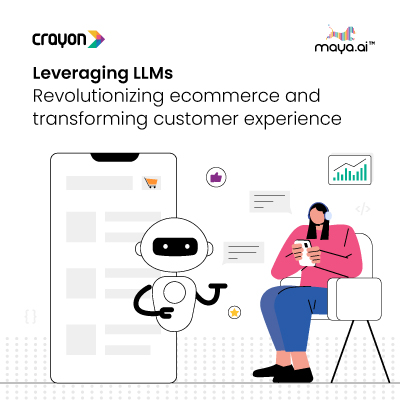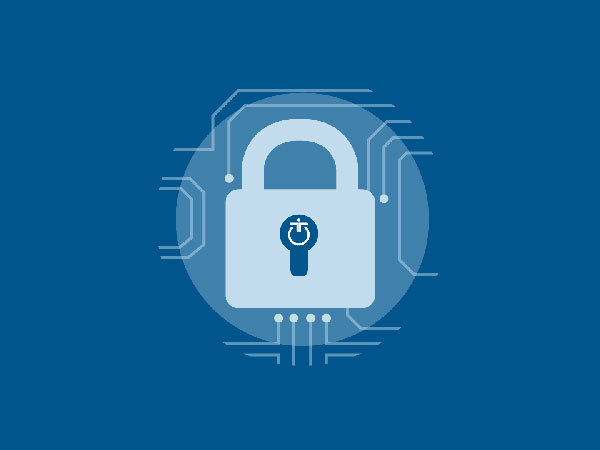Most small merchants think that Big Data analysis is for larger companies. In fact, it is important for small businesses, too, as they attempt to compete with the larger ones. This becomes even more important as online retailers interact with their customers in real time. Note, however, that handling large sets of data can increase a site’s load time. A slow site harms every aspect of the shopping process.
Here are six uses of Big Data for online retailers.
- Personalization. Consumers shop with the same retailer in different ways. Data from these multiple touch points should be processed in real-time to offer the shopper a personalized experience, including content and promotions.For example, do not treat loyal customers the same as new ones. The experience needs to be personalized to reward loyal customers. It should look attractive and “sticky” for new customers.
- Dynamic pricing. You need dynamic pricing if your products compete on price with other sites. This requires taking data from multiple sources, such as competitor pricing, product sales, regional preferences, and customer actions to determine the right price to close the sale. Large merchants like Amazon already support this functionality. Overcoming this challenge will give your business a huge competitive advantage.
- Customer service. Excellent customer service is critical to the success of an ecommerce site. Zappos and Netflix are examples of terrific customer service. But Big Data has made customer service a challenge by requiring seemingly every interaction with a shopper to be used for serving that shopper. To continue to excel at customer service, online retailers need to overcome this challenge.For example, if a customer has complained via the contact form on your online store and also tweeted about it, it will be good to have this background when he calls customer service. This will result in the customer feeling valued, creating a quicker resolution.
- Managing fraud. Larger data sets help increase fraud detection. But it requires the right infrastructure, to detect fraud in real-time. This will lead to a safer environment to run your business and improved profitability.




















